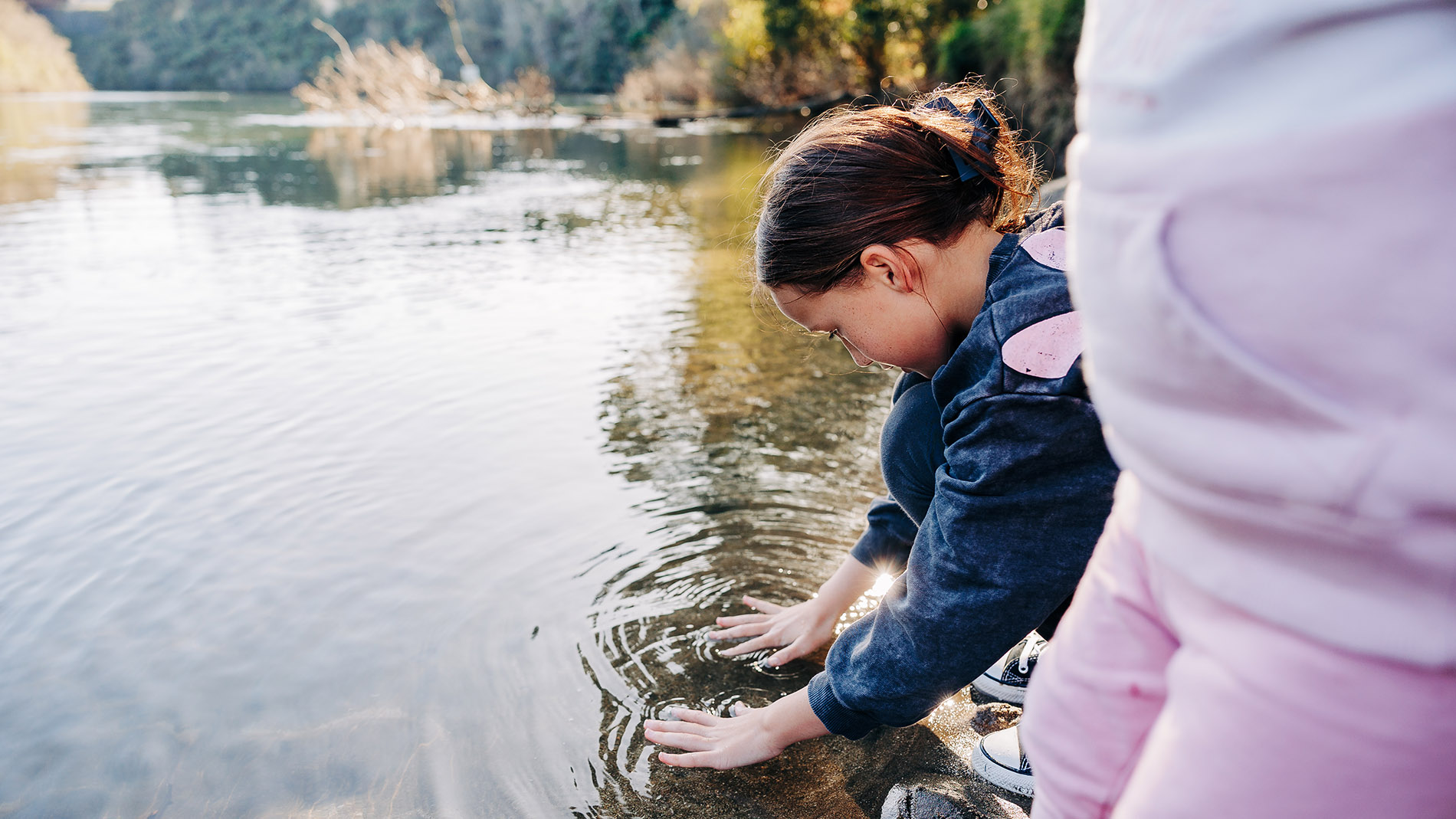Healthy, clean water is the focus of the council’s Freshwater Policy Review which will involve making changes to the Waikato Regional Policy Statement (RPS) and Waikato Regional Plan.
Revisions to the RPS and regional plan will likely affect how freshwater activities are carried out in the region, including taking and using water; discharges to land and water from diffuse sources and point sources; structures and works in wetlands; and the beds of lakes and rivers as well as land use practices.
We recognise that these revisions will affect many communities across the Waikato. That’s why, we want tangata whenua to be involved in the discussion, so that te ao Māori perspectives are reflected in the decisions about how our local waterways will be managed.
Te Mana o te Wai
The National Policy Statement for Freshwater Management 2020 (NPS-FM) has elevated Te Mana o te Wai as the foremost fundamental concept that will determine how New Zealand’s freshwater resources will be managed. Te Mana o te Wai must underpin the council’s approach to protect and improve the region’s rivers, lakes, streams and other waterbodies and will be applied throughout the Freshwater Policy Review.
Te Ture Whaimana o te Awa o Waikato – the Vision and Strategy for the Waikato River is the primary direction-setting document relating to the Waikato and Waipā rivers. It will be woven into the Freshwater Policy Review and will prevail over any inconsistency with the National Policy Statement for Freshwater Management 2020 (NPS-FM).
Engagement with tangata whenua
To give effect to Te Mana o te Wai and the NPS-FM, the council is required to work with tangata whenua, including iwi and hapū authorities as well as mana whenua groups throughout the Freshwater Policy Review. In doing so, the information contained in iwi environmental management plans, Treaty of Waitangi settlement agreements as well as Te Ture Whaimana o te Awa o Waikato will be used as the starting point of our discussions.
The Freshwater Policy Review will also look at ways to actively involve tangata whenua in freshwater management (to the extent they wish to be involved), including decision making, monitoring for fresh waterbodies, and in the preparation of planning documents.




To ask for help or report a problem, contact us
Tell us how we can improve the information on this page. (optional)